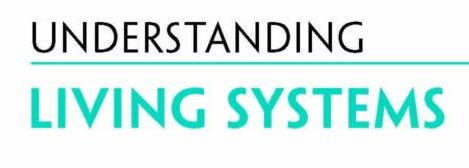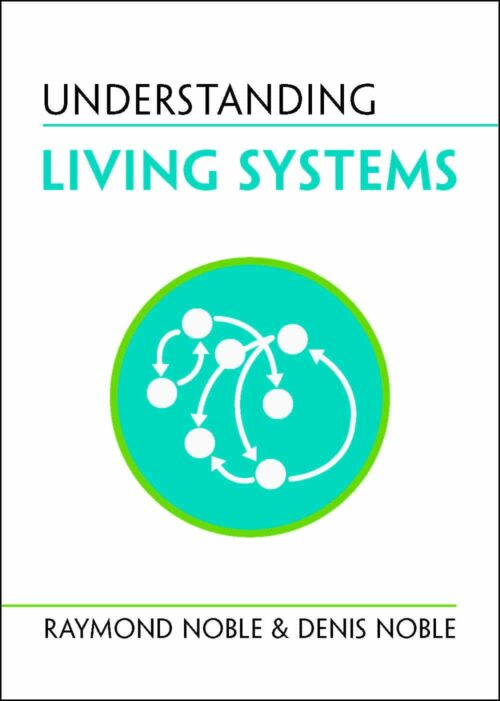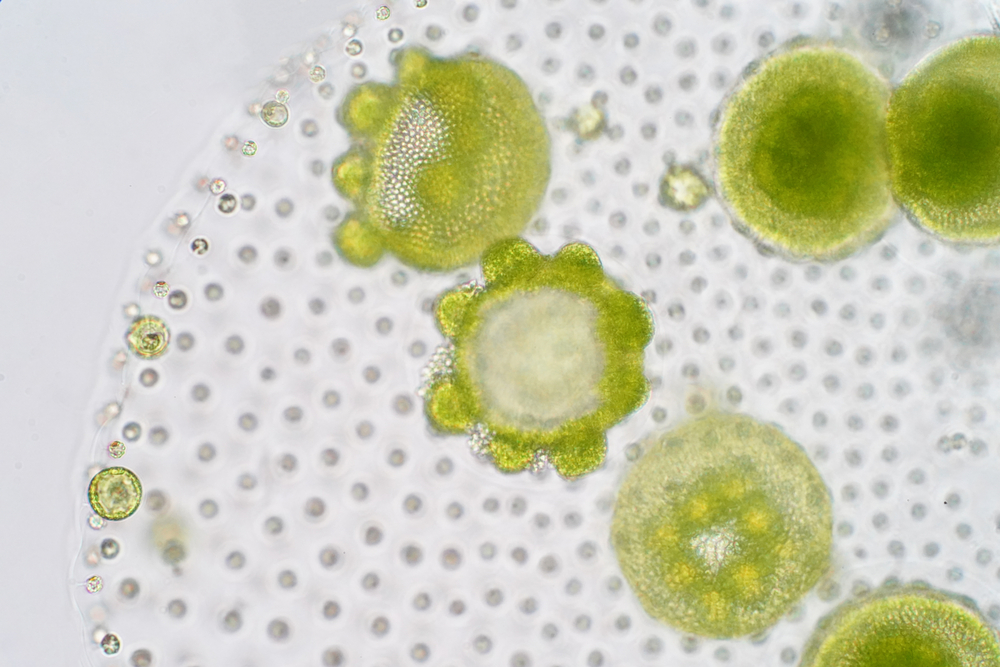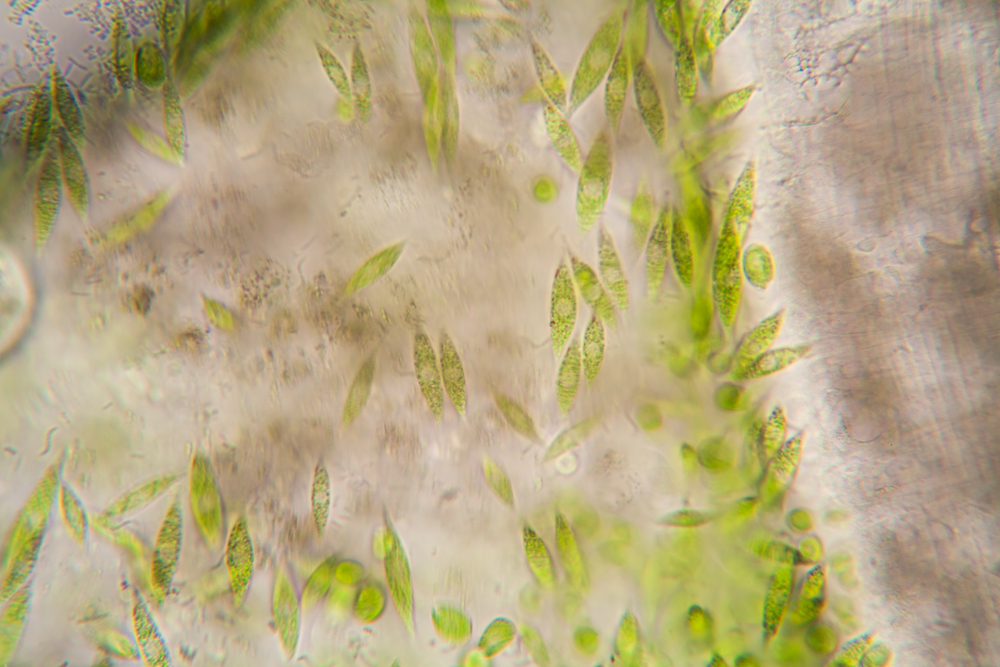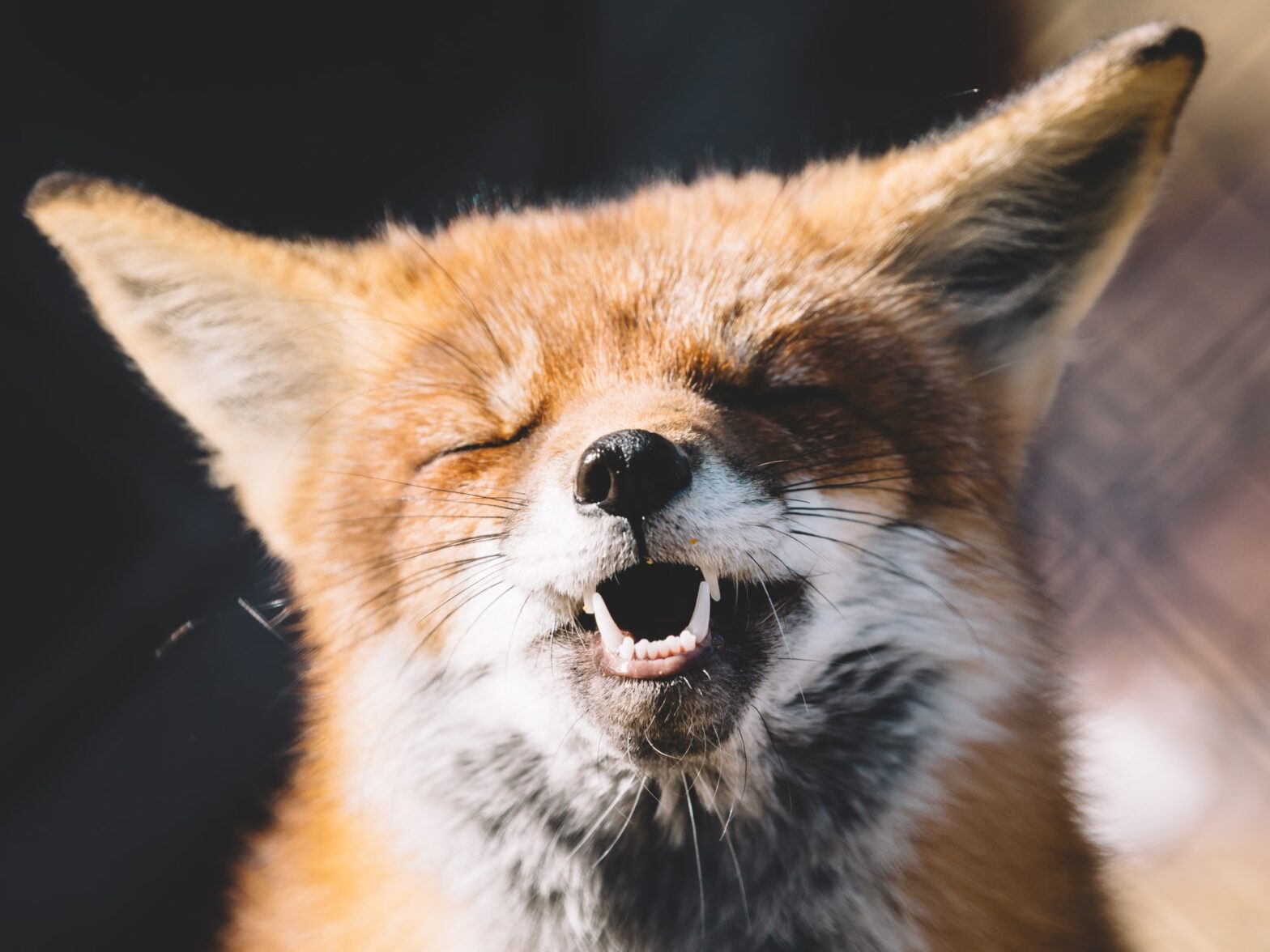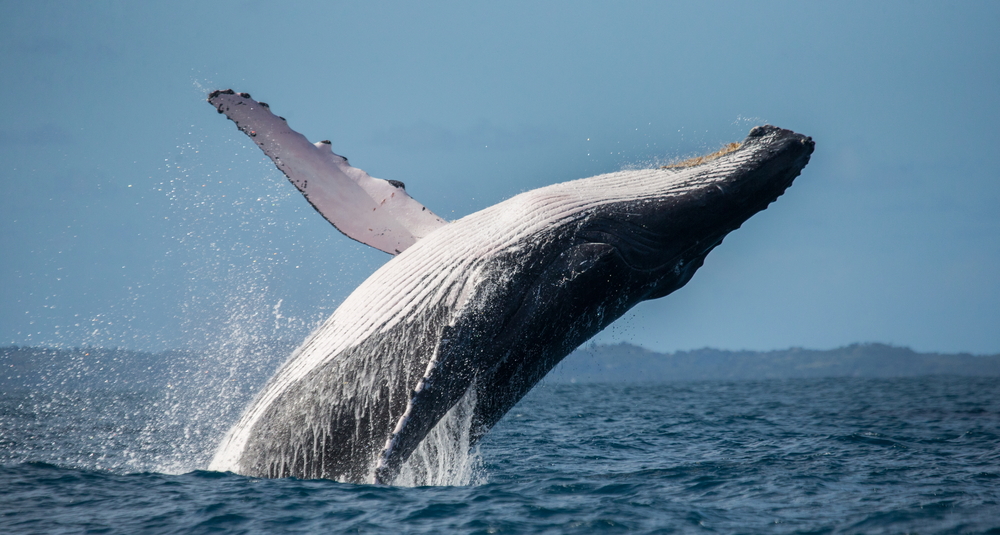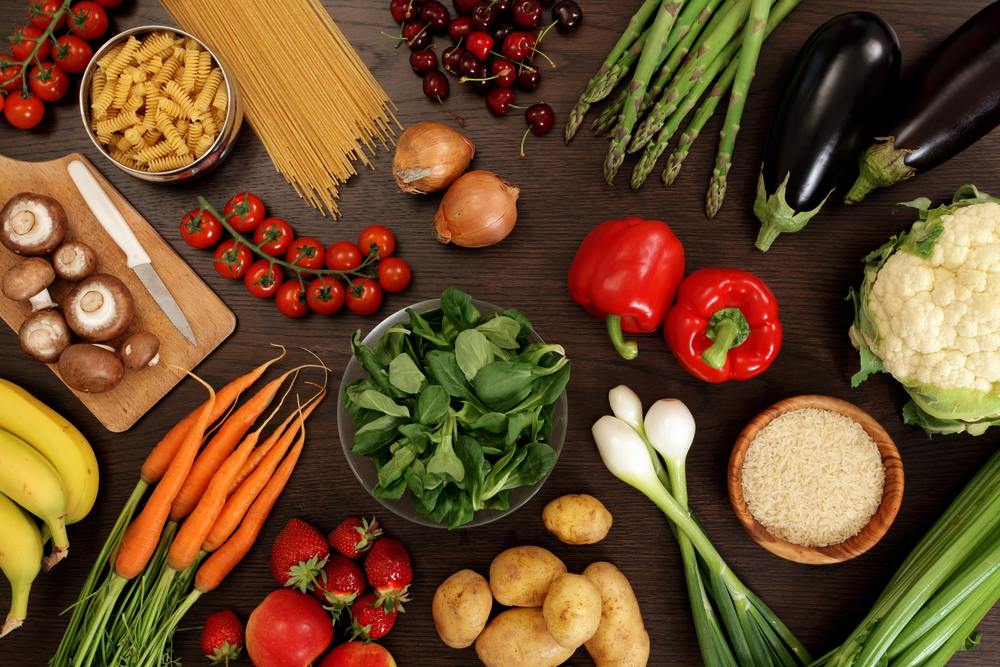In the 1970s, I had the pleasure of meeting the great neuroscientist Sir John Eccles when he came to give the Gifford lectures in Edinburgh. The Dean of our faculty graciously invited us to meet the Nobel laureate at a garden party. The book, The Self and Its Brain, which he had coauthored with Karl… Continue reading Sir John Eccles
Category: Nature
Shapeshifters symposium
It was a great pleasure to give a talk and participate in the Shapeshifters Symposium, Plasticity Here, There, and Everywhere, in Amsterdam at the end of May. The Shapeshifters Symposium was a transdisciplinary two-day event that explored the concept of plasticity across academic domains and beyond. My talk at the Shapeshifters symposium emphasised how organisms… Continue reading Shapeshifters symposium
The Awakening Earth
Raymond and Denis Noble discuss their book, Understanding Living Systems, published by Cambridge University Press in July 2023. The book ends with a call to arms as humans awake to their responsibility for our precious ecosystems, Earth’s awakening. Here, Denis reads from the final paragraphs.
Understanding Living Systems
Cambridge University Press published our book, Understanding Living Systems, in July. We were pleased to be guests on Perry Marshall’s podcast to discuss the book. This episode encapsulates our extraordinary enthusiasm and creativity when writing our book Understanding Living Systems. Why did we write it? What is it about? Why is it necessary? Thank you,… Continue reading Understanding Living Systems
Bees prepare for winter
Busy bees, busy preparing for the winter ahead. They love this ivy, blooming in September and growing in abundance. So, nature’s little workforce comes in their thousands each day. Their priority now is gathering and storing nectar and pollen to have plenty in reserve to survive through the winter. Honey bees don’t hibernate, so they… Continue reading Bees prepare for winter
A microscopic key to evolution – volvox
Does pond water hold a microscopic key to understanding evolution? Examining pond water with a microscope in 1674, Anton van Leeuwenhoek observed many single-celled organisms, which he called ‘animalcules’. Some formed colonies or clusters, others were clearly multi-cellular, and one of these is a tiny green alga called Volvox. So, could this tiny creature be… Continue reading A microscopic key to evolution – volvox
Euglena eye and nature’s invention
Nature is said to be the mother of invention, and this we see in the microscopic single-celled Euglena. Euglenas have chloroplasts – green power packs, making sugars using the energy of light. But they also have an eye, of sorts, enabling them to optimise the light conditions for photosynthesis. The ‘eye’ of a Euglena Using… Continue reading Euglena eye and nature’s invention
Cunning as a Fox?
Cunning as a Fox is a common expression referring to being exceptionaly clever, cunning, or shrewd, especially in devious or underhanded ways. Foxes are certainly shrewd and highly adaptable. But there is little devious or underhand in their ways. Scent plays a significant part in the world of a fox. So, foxes leave their mark.… Continue reading Cunning as a Fox?
Whale communication, singing to each other
Whales communicate by singing over very long distances, creating songs that last for hours, each whale repeating back and adding phrases. Whale communication is not the only sound in the sea. Sounds fill our forests and oceans. But, they are not incidental. They carry meaning and significance. If humans stopped making a racket, we would… Continue reading Whale communication, singing to each other
Greening our food
For tackling climate change, we need major lifestyle changes. That means changing how we source and produce our food. The food we produce and buy is responsible for 60% of global nature loss. But, we personally can make efforts to source better food. Greening our food is healthy for us and the planet. Globally the… Continue reading Greening our food
